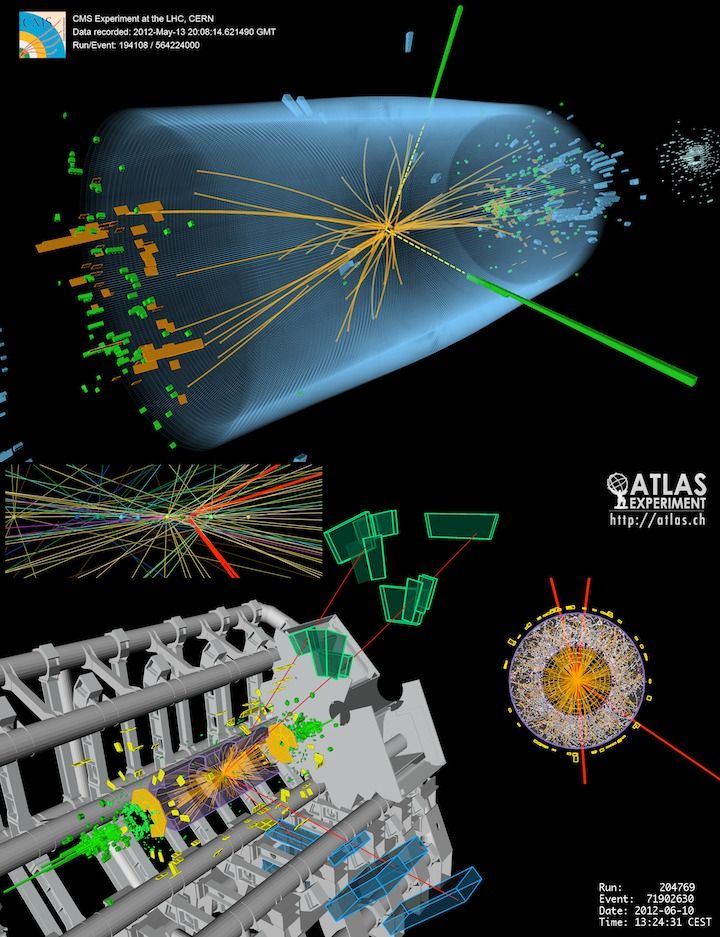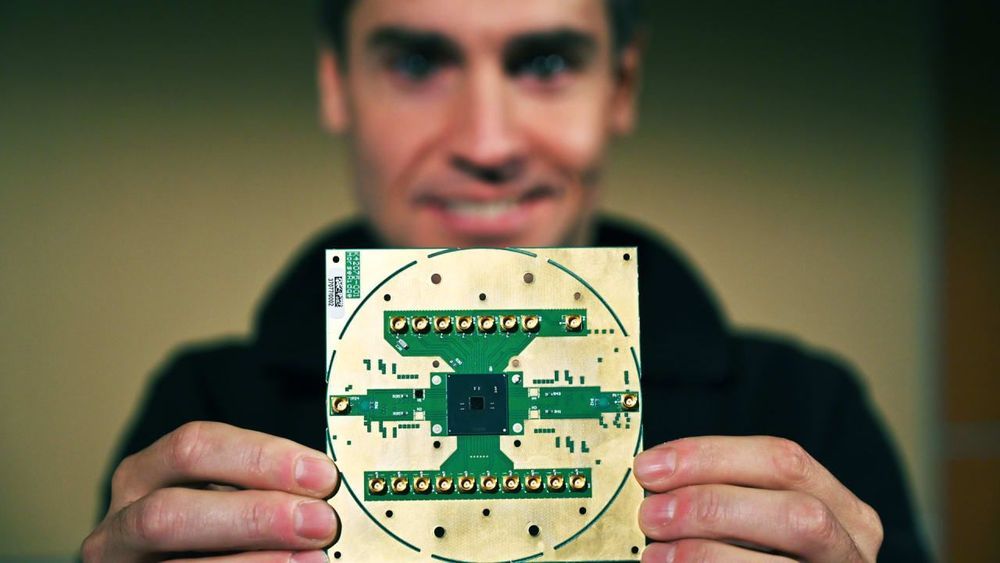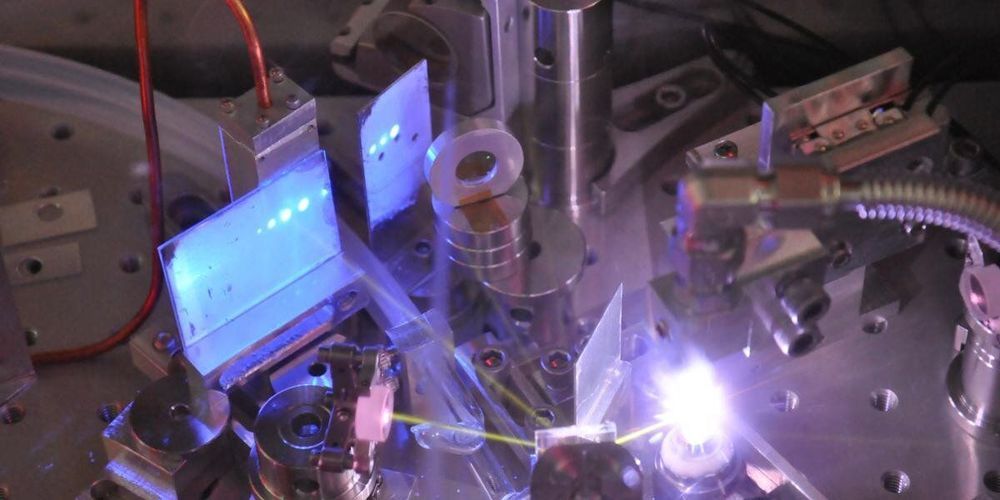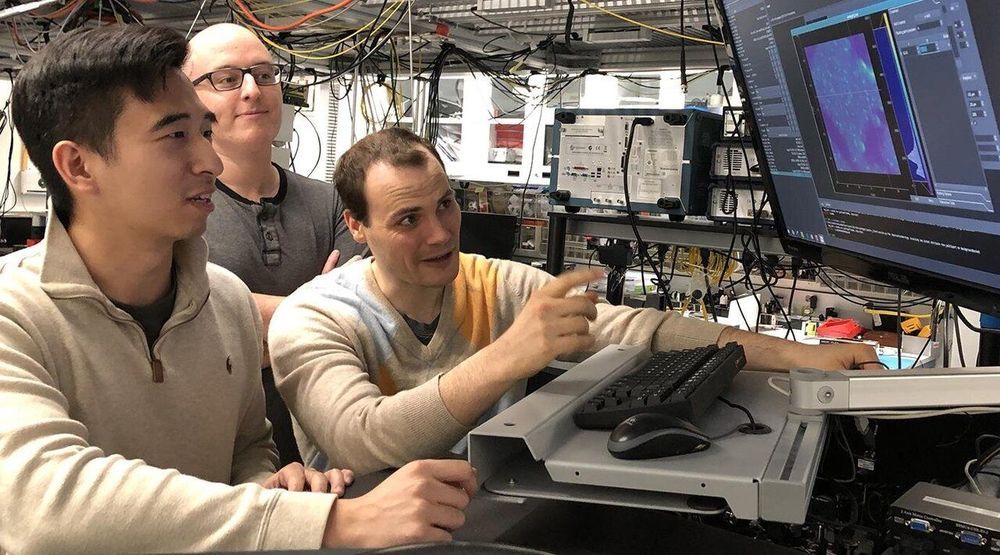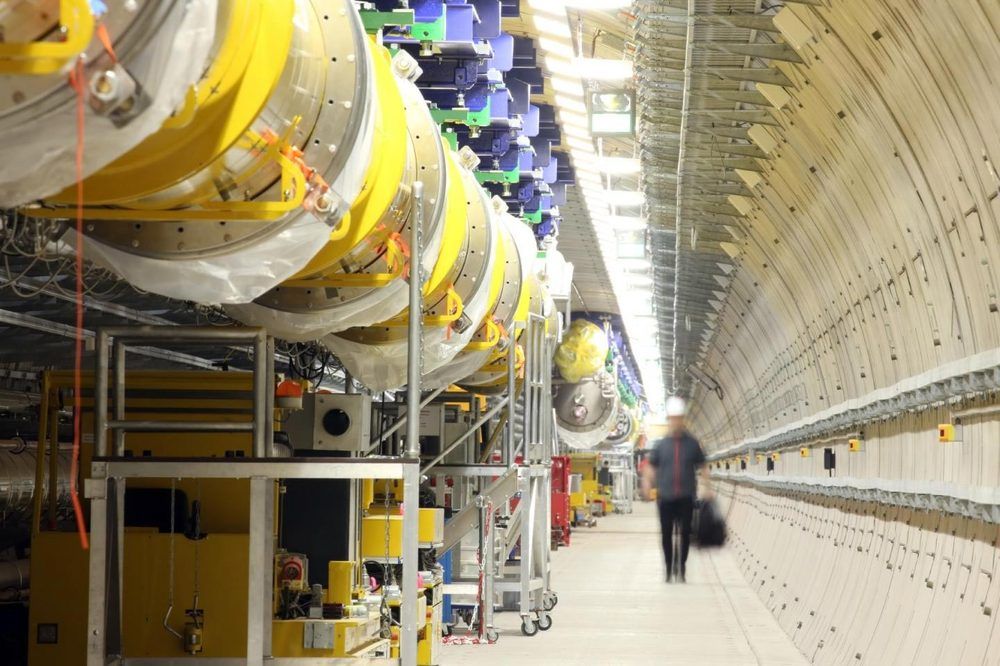Plants do have sentience they just need less to survive. Just look at the sci fi character groot. They may not seem like they are sentient but they show it in different ways because they are plants, not humans. Essentially they even give off radiation aswell their biology is so advanced that even today there are still mysteries unsolved. Many energy-sensitive people can feel their energy they emit and can intuitively know their needs. Even native Americans have even learned that they are superorganisms on earth and have found ways to bring their rain through a series of metaphysical triggers. The native Americans advanced wetware and spirit binds to the plants then allows for even a psychic link talking to the plant even on their level. The earth itself is said to be a superorganism. A lot of times on plant can be a psychic link between their vast universe of understanding but it takes plant intuitive people. Many legends have risen from plants being sentient even in modern-day. In my opinion, plants are just as complex as human beings because they require less energy to function. There is a comic in the series poison ivy that even made plant children in humanoid beings. I think this is a definite possibility just it is advanced wetware. But as we learn more about the quantum mechanical realm we will discover that plants may be more advanced than even our own biology. That why often we need to respect nature because it is actually sentient and we evolve with it. Someday we really could be tree people just it would take a long time to eventually make real. But it is a very real possibility.
For the first time plants have been recorded making sounds when stressed. The sounds differed when they were injured or thirsty, a finding that could help farmers.

